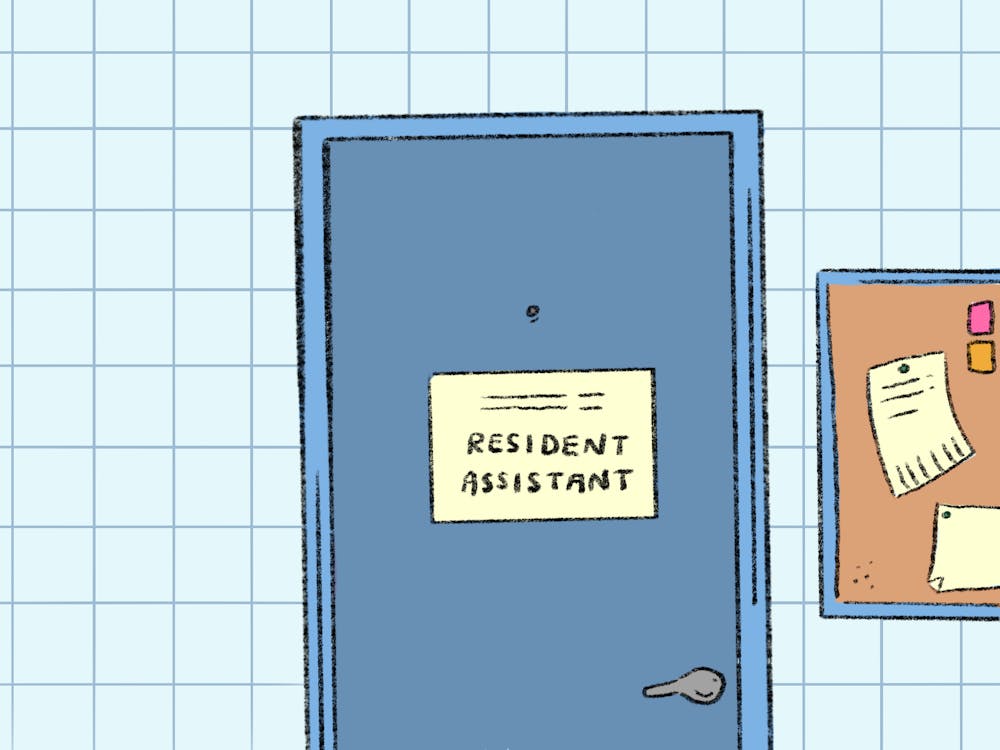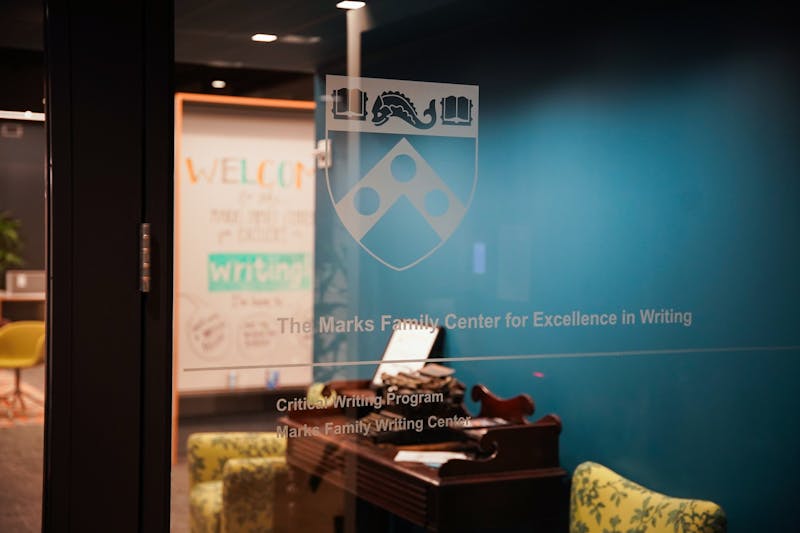
In the coming weeks, the thousands of Penn students who will come to campus from around the world globe face a unique set of challenges as they adjust to a hybrid semester. These hurdles will be faced most intensely by residential advisors and graduate associates, who are students that work for the University and are integral to dorm life.
RAGAs will face a heightened risk of COVID-19 transmission in the coming semester, and the University failed to increase their compensation or provide an equal forum for them to raise concerns. Rather than treating RAGAs with the respect they deserve, Penn’s administration has obfuscated the truth and refused to cooperate or negotiate over reasonable safety concerns. Penn needs to be honest and transparent with staff, and compensate them commensurate with the invaluable, dangerous work they do.
The situation for RAGAs at Penn has long been exploitative – they receive little material compensation outside of housing. Since most RAGA rooms do not come with kitchens, this makes it difficult for many students to find affordable food options. Low-income RAGAs comprise a substantial portion of the overall workforce, said Hector Kilgoe, a fourth-year Religious Studies PhD student who is gearing up for his sixth year as a RAGA this fall. This makes it difficult for the many students who rely on this housing to reject the unfair conditions.
Even as the situation changes, Penn has not changed RAGA compensation, and many are concerned about the new risks associated with their positions. “A lot of people are worried about getting sick just doing our normal duties,” Kilgoe said. “If we’re expected to do rounds in the dorms, knock on doors for noise complaints for parties, or respond to medical emergencies, no one’s sure how that’s supposed to work and how we’re going to be protected in those cases.”
And although move-in is less than a month away, RAGAs have not yet received a concrete plan in writing from the University detailing how they will conduct their jobs safely.
Kilgoe said RAGAs were instructed to contact their house deans and coordinators with questions over the summer, but the administration failed to respond to the vast majority of these inquiries. A Wednesday evening information session with administrators, hosted primarily by Vice Provost for Education Beth Winkelstein, also fell short of RAGA expectations. The meeting took place before their contract with Penn was released, so RAGAs were not able to read the contract beforehand and directly respond. When students asked if another meeting could be scheduled after they had a chance to read the contract, they were told they would only have the opportunity to ask questions or lodge complaints “as individuals,” according to an audio recording of the meeting.
The treatment of RAGAs in this meeting is emblematic of Penn’s failure as an institution to support the talented, caring students who work in the dorms. Most horrifyingly is the lack of willingness to actually discuss the terms of the contract with students, as individuals or as a group, and enact change based on feedback. Administrators made clear to students that there would be no negotiation, according to the recording, even while describing the contract as a “mutual commitment.”
For an agreement to be mutual, both parties need to come to the table on somewhat equal footing and fairly negotiate. It would be far more accurate to call this contract an edict. Not only are RAGAs powerless to control the content of this contract, but many feel powerless to reject it, and face a loss of housing if they choose not to sign.
“It seems like the University might be using us to fill in gaps where they’re protecting other people who I guess mean more to them than the RAs and GAs do,” Kilgoe said before the meeting.
Some RAGAs are unwilling to accept these terms. Since the beginning of the pandemic, Kilgoe said, many have either quit or rejected offers to become RAGAs, and others will follow if the University continues to provide vague answers to their safety concerns. This will not just affect the coming semester. Losing talented RAGAs will alter dorm life at Penn for years to come, even after the pandemic subsides, as many students like Kilgoe remain RAGAs for most of their graduate careers.
Even more important than effects on students are the real risks to the health and safety of RAGAs. There is no reason that anyone who works for an institution as powerful and wealthy as Penn should struggle to feed themselves. It is morally abhorrent that Penn, an institution that claims to care so much about social justice, uses its power to strongarm staff into accepting unsafe working conditions.
The steps forward for Penn are simple. RAGAs deserve full transparency on Penn’s intentions moving forward, with a concrete plan for their safety — in writing — that is reached through mutual discussion and collaboration. RAGAs ought to have their questions and concerns responded to with upfront, honest, prompt answers. RAGAs should be treated like the community of workers they are, as a collective group with agency, power, and dignity. RAGAs must have their compensation increased to account not just to account for the added risk of the pandemic, but also to make up for their invaluable work that has gone undercompensated for years.
Penn does deeply wrong by RAGAs. It’s long past time to make it right.
Editorials represent the majority view of members of The Daily Pennsylvanian, Inc. Editorial Board, which meets regularly to discuss issues relevant to Penn's campus. Participants in these meetings are not involved in the reporting of articles on related topics.
Have opinions of your own you would like to share? Submit a guest column.
The Daily Pennsylvanian is an independent, student-run newspaper. Please consider making a donation to support the coverage that shapes the University. Your generosity ensures a future of strong journalism at Penn.
Donate







